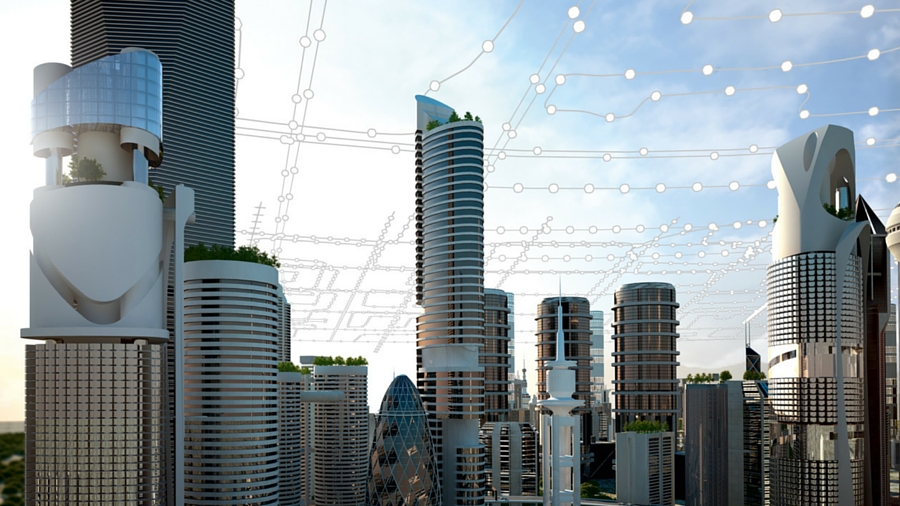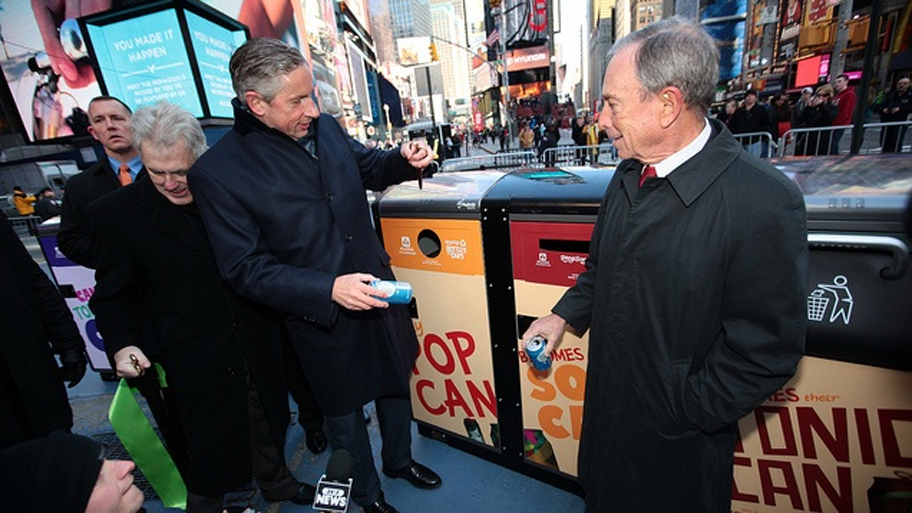Are smart cities inevitable or do tech-filled towns need careful planning?
Also – do we really need smart cities?

The smart city is where the Internet of Things and big data crash into each other. Myriad devices fitted with sensors gathering data are instantly cross-referenced on a citywide scale to increase efficiency and create new services.
The streetlights that only switch on when there's someone in the vicinity, the train station that automatically opens more ticket barriers and even re-routes trains at busy times, or the home thermostat that warms up a house when it detects that the owner has left work and is travelling home, taking into account real-time traffic conditions.
That's all very smart, but is the very concept of the smart city simply technological progress with a cute name?
What makes a city smart?
The smart city is not about sensors. It's about data, and what you do with it. "Many of the things happening in today's smart cities could more honestly be labelled as progress," says David Socha, Utilities Practice Leader at Teradata, name-checking both smart homes and smart parking. "What will make a city actually become smart is the integration and analysis of data from otherwise potentially disparate initiatives."
If the goal is genuinely integrated public, private and personal transport systems, and saving energy in homes, offices and vehicles, then the smart city needs three things – structured data, big data, and machine-to-machine data. Structured data is weather forecasts, demographics and public transport performance statistics.
"Slightly more fun is big data from all sorts of social media," says Socha. "This can be valuable for sentiment analysis, tailoring services and offers, all sorts of business-to-customer or perhaps city-to-customer relationships," he says.
Thirdly comes M2M – machine-to-machine, also known as the Internet of Things – and this is where it gets tricky.
Are you a pro? Subscribe to our newsletter
Sign up to the TechRadar Pro newsletter to get all the top news, opinion, features and guidance your business needs to succeed!

Is a smart city just sensors on infrastructure?
Absolutely not. A smart bin with a sensor that alerts someone when it's full isn't smart at all. "Trash might get emptied more often, but costs will go through the roof," says Socha. "Trucks could end up coming back to the same street to empty smart bins close to each other that just happened to send in their 'I'm full!' message eight hours apart."
The smart bins need to talk to each other, and integrate with structured data in the form of maps and route optimisation software, thus emptying bins becomes both a quicker and cheaper process. The council can then get rid of a truck, perhaps, and put more bins where they're needed.
"Take the fashionable, the fun and the boring data, analyse the data in its entirety to reveal the relationships, dependencies and connections, and take informed, positive actions based on the new information available," says Socha. "Now that is smart." Like the Internet of Things that it's inseparable from, the smart city is about one thing – saving money, but only in the long-term.

What role could Bluetooth beacons play?
For a city to be truly smart, there needs to be an infrastructure designed to create hyper-location and automated services. Cue Bluetooth beacons, the hardware behind the 'physical connected web'. We're on the cusp; coming Bluetooth 4.2 compatibility will enable mesh networking and IPv6 connectivity.
"Having a mesh of beacons across a city, all on a private network, to collect and send data back to a centralised hub, could be a lower cost solution than traditional smart city technologies," says Mike Crooks, Head of Innovation at Mubaloo Innovation Lab, referring to the various types of radio frequency standards currently being proposed for IoT devices.
"The use of Bluetooth as a control mechanism could also mean that it's possible to remotely control different equipment, further improving efficiencies … ultimately, IoT and the smart city won't rely on a single technology, but will be a collection of multiple technologies, including cellular, Wi-Fi, Bluetooth and other networking technologies."
Jamie is a freelance tech, travel and space journalist based in the UK. He’s been writing regularly for Techradar since it was launched in 2008 and also writes regularly for Forbes, The Telegraph, the South China Morning Post, Sky & Telescope and the Sky At Night magazine as well as other Future titles T3, Digital Camera World, All About Space and Space.com. He also edits two of his own websites, TravGear.com and WhenIsTheNextEclipse.com that reflect his obsession with travel gear and solar eclipse travel. He is the author of A Stargazing Program For Beginners (Springer, 2015),
